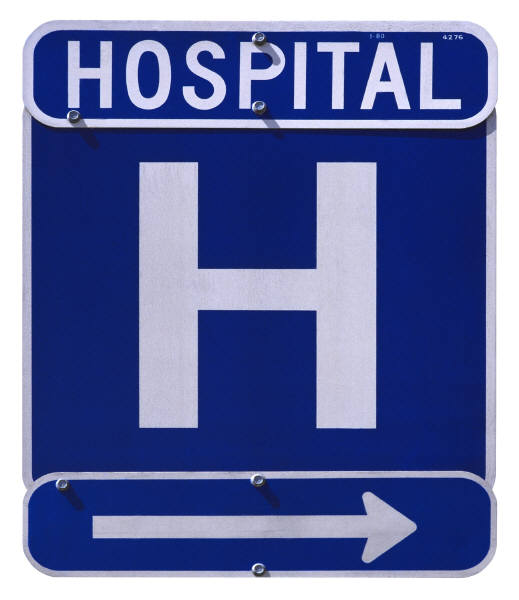

A do-not-resuscitate order, or DNR, is written document with instructions informing healthcare personnel not to perform cardiopulmonary resuscitation (CPR). However, The Petoskey News-Review’s recent article entitled “Do-not-resuscitate orders apply to use of CPR in critical situations” explains that many patients don’t completely understand what a DNR order is and its application to their medical care. The DNR is a legally binding order signed by a physician at a patient's request that lets medical professionals know you don’t want to be resuscitated.
CPR is performed in only one situation — if a patient is unresponsive, doesn't have a pulse and isn’t breathing. If that happens, medical personnel have two courses of action: (i) allow for a natural death; or (ii) try CPR. If you’re unresponsive, have no pulse and aren’t breathing, that is the only situation in which any medical provider should attempt CPR. Having a DNR doesn’t mean don’t treat. The fact that you have a DNR order means you should receive exactly the same treatment that another patient who doesn't have a DNR receives, with all the same medications and procedures.
As such, patients should know the limitations that come with CPR.
If CPR is successful, it means just one thing - that someone has regained a pulse. That doesn’t have any implications about a patient's cognitive or mental status after CPR is administered.
Research shows that the likelihood of CPR being successful (in regaining a pulse) is in the range of 15-20% of patients. Thus, out of 100 patients who experience cardiac arrest and have CPR, about 80 to 85 of the patients will still die.
Note that there’s a difference between a hospital DNR and an out-of-hospital DNR. An out-of-hospital DNR is for those who don’t want to be resuscitated, if they have problems at home or anywhere outside of a medical facility. Those forms follow the patient, whether they are at home or not.
You should discuss these sensitive matters and signing a DNR when no one’s under pressure from a medical emergency.
The main part of advance care planning is appointing someone you trust to speak for you, if you can't speak for yourself. With an advance care directive, you can state your preference or opposition to a DNR order.
In addition, everyone should have a healthcare power of attorney, an advance directive, or a patient advocate designation. This is where you are selecting someone to make medical decisions, when you are unable to do so for yourself.
Reference: The Petoskey News-Review (Sep. 23, 2021) “Do-not-resuscitate orders apply to use of CPR in critical situations”
The 15 minute initial phone call is designed as a simple way for you to get to know us, and for our team to learn more about your unique estate planning needs.

222 Bloomingdale Rd #301,
White Plains, NY 10605
120 North Main Street, Suite 203,
New City, NY 10956
